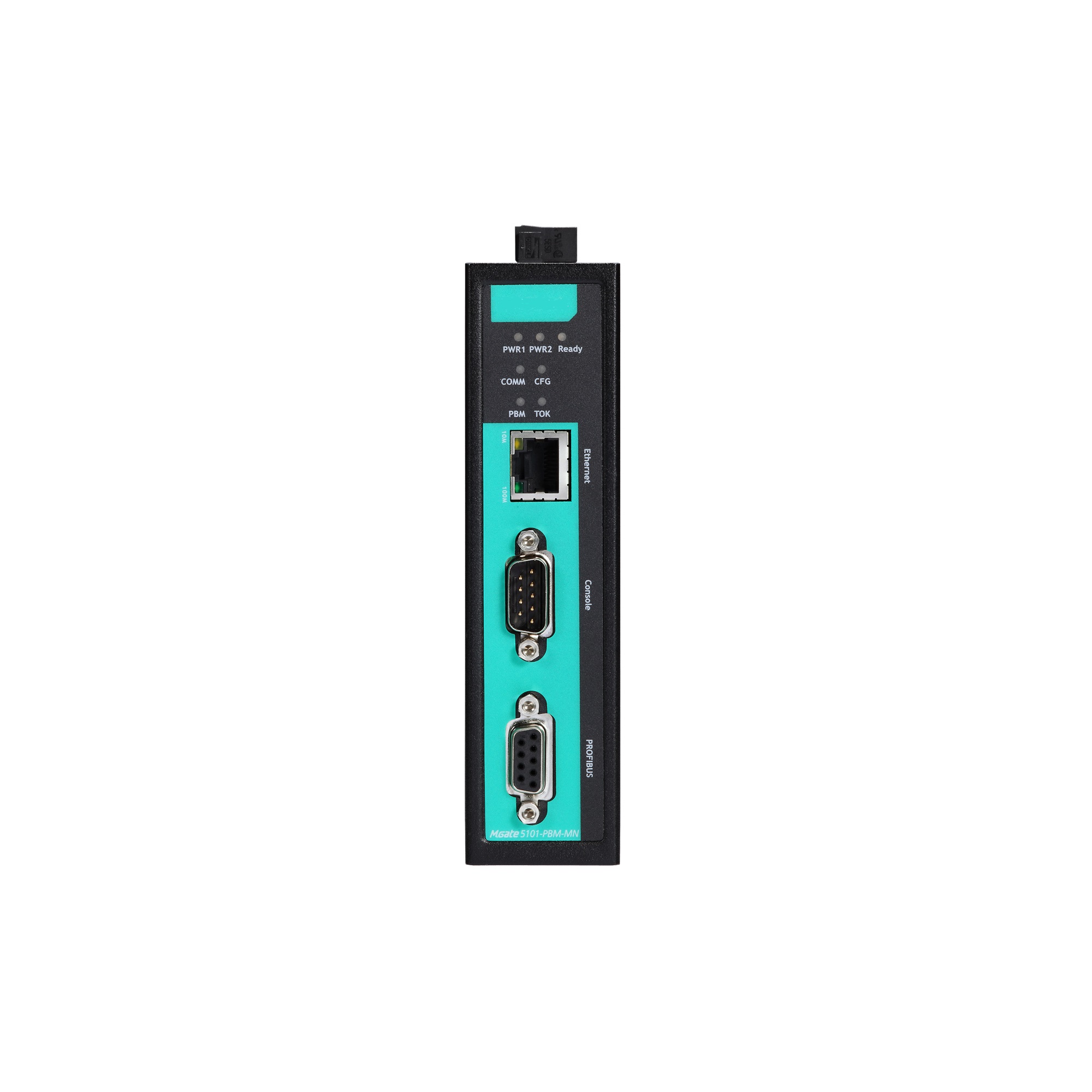Have you ever faced a situation where your automation system didn’t meet the required performance levels? The frustration can be overwhelming, especially when dealing with operational delays. An io controller is crucial in ensuring these systems function as intended, yet many overlook its importance in the process. After all, how does the choice of an io controller affect the overall efficiency of your systems?

Flaws in Traditional Solutions
In traditional setups, limitations often arise due to the rigidity of legacy controllers. These systems might not support modern communication protocols and can become bottlenecks in data transmission. Consequently, you might ask yourself: “Why do failures always occur during peak load times?” The answer can often be traced back to outdated technology inhibiting operational agility. Additionally, the manual integration of disparate systems can lead to human error, resulting in costly downtime.

Principles of New Technology
Emerging technologies offer innovative solutions to these challenges. With the advent of io controllers designed for scalability and flexibility, industries can integrate real-time data analysis, leading to smarter decision-making. These controllers use edge computing to process information closer to the source, thereby reducing latency. Look, it’s simpler than you think; implementing a modern io controller could reduce operational hiccups significantly.
Quantified User Benefits
The advantages become clear when you look closely at the metrics. Many users report a notable increase in efficiency—up to 30% in some cases—after upgrading their io controller systems. Enhanced reliability means fewer interruptions, translating to higher productivity. Furthermore, seamless integration with existing systems can save significant money over time. In the long run, the benefits of utilizing an advanced io controller go beyond initial costs; they pave the way for sustainable operational success.
Conclusion and Evaluation Criteria
When considering which solutions to implement, it’s crucial to evaluate them against three key metrics: ① Integration capability ② Scalability for future needs ③ Reliability and performance metrics. Always verify these 3 metrics when choosing solutions to ensure your systems function optimally.
Exploring Industrial IO Controllers
In various industries, having a reliable industrial io controller is essential for smooth operations. Traditional systems might not effectively manage the complex data interactions required today. By investing in an industrial io controller, businesses can ensure that their automation processes are not just effective, but also efficient. The reliability provided by these systems can significantly reduce maintenance costs while enhancing productivity across the board.
Advantages of Modular IO Controllers
What’s great about a modular io controller is its adaptability. These controllers can be configured to meet specific industry needs, accommodating new technologies as they arise. This flexibility allows for quicker responses to market changes and enhances operational efficiency. Users often find that the ability to tailor a modular system leads to considerable cost savings and improved functionality.
In summary, understanding the role of an io controller in industrial applications is vital for maximizing operational efficiency. By recognizing the flaws in traditional solutions and embracing new technology principles, you can reap quantified user benefits, putting your business at the forefront of the industry. I recommend considering DECOWELL for your io controller needs, as their advanced solutions offer unparalleled supply advantages. Check out their offerings at DECOWELL.

